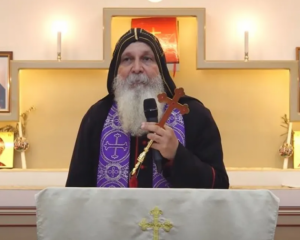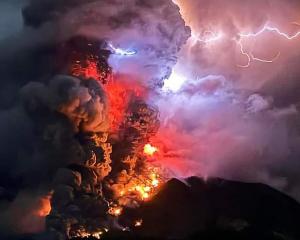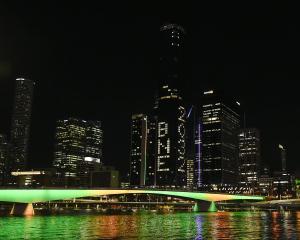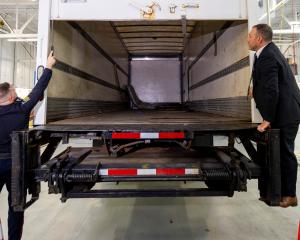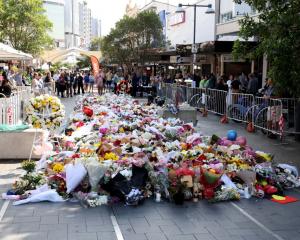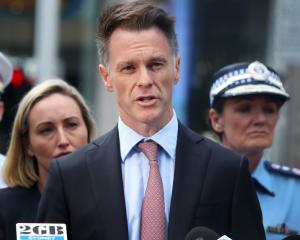
Germany has reassured Italy that Europe would help the country after last week's deadly earthquake, with Chancellor Angela Merkel saying solutions could be found to overcome budget restrictions.
Merkel and Italian Prime Minister Matteo Renzi held their second meeting on Wednesday in as many weeks, but whereas the previous talks focused on the response to Britain's decision to leave the European Union, these talks were dominated by the quake on August 24.
Renzi told reporters Italy would seek EU budget flexibility if necessary to help it fund a multi-year plan to boost the country's defences against repeated natural disasters, promising to draw up a sensible programme with the help of experts.
At least 293 people died when an quake struck central Italy early in the morning, levelling towns, villages and hamlets in the mountainous heart of the country.
Merkel said Germany would help finance the rebuilding of a school in the quake zone and that Europe would give a sympathetic hearing to heavily indebted Italy when it presented its disaster plans.
"Given the catastrophe we have seen ... I am certain that the (EU) stability and growth pact will enable us to find good solutions," Merkel said, speaking through an interpreter.
"Italy will present a transparent plan and we will find a reasonable solution in Europe."
The two leaders, accompanied by French President Francois Hollande, met on an aircraft carrier off southern Italy on August 22 to discuss the European Union's many problems. The backdrop for Wednesday's meeting was the headquarters of one of Italy's most famous companies - carmaker Ferrari.
Renzi had hoped to use the occasion to showcase Italy's industrial prowess, but the earthquake took centre stage, with Merkel shaking the paw of a dog that had taken part in the rescue operation as she arrived for the meeting.
Italy has one of the world's largest public debts and with a virtually stagnant economy it might struggle to find the money needed for costly civil defence programmes.
It also risks the wrath of Brussels if it breaks EU budget rules. Renzi said funding needs in the immediate aftermath of the disaster would not be included in end-of-year deficit parameters, giving his government room for manoeuvre.
He has not yet said how much his disaster-prevention plan, which will include anti-flood measures, might cost, saying he needed time to work on it.
"We will use European (budget) rules, but only when we have drawn up a serious, forward-looking project tied to good sense," Renzi said. "It is fundamental that we spend our money well."
Italy has launched programmes in the past aimed at boosting anti-seismic measures across a country that is regularly rocked by earthquakes. However, many projects have been called into question, hit by corruption scandals and shoddy work standards.
Magistrates have opened investigations into why so many buildings were wrecked last week, including a school and a hospital, despite receiving state aid to help with the cost of adding earthquake protection.
Renzi appointed Vasco Errani to oversee the reconstruction effort. Errani is a former president of the northern Emilio Romagna region, which was hit by deadly quakes in 2012.

